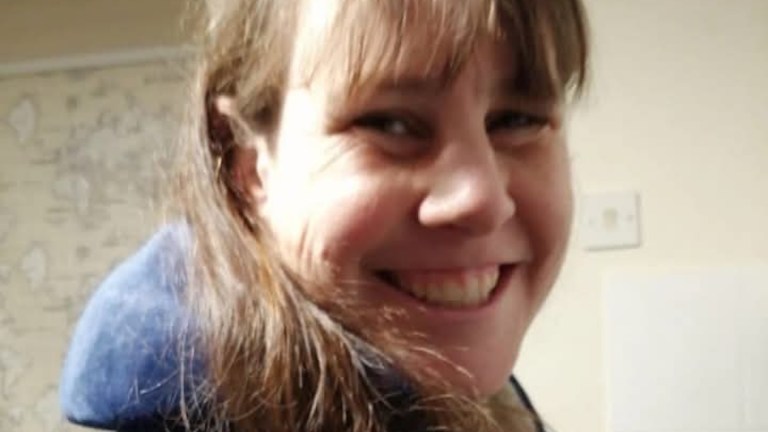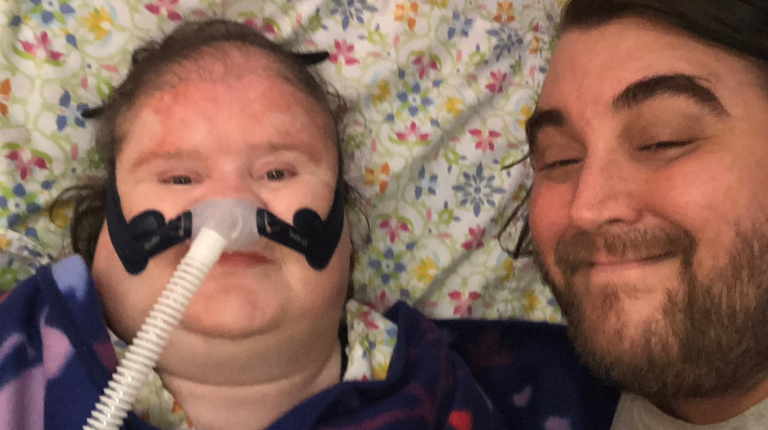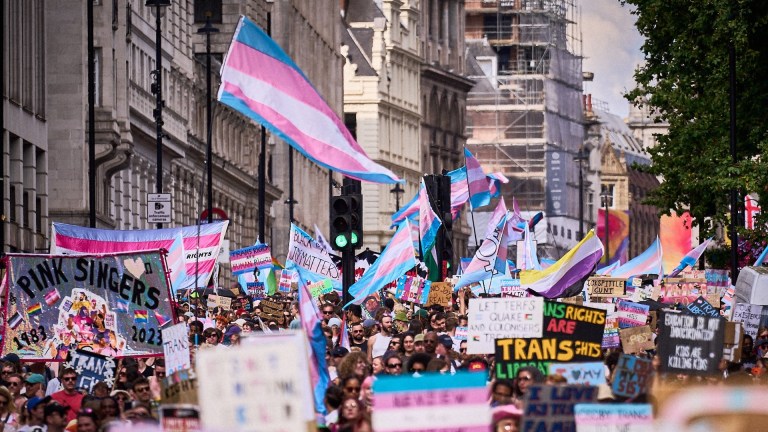You might qualify if you’re under state pension age, you are eligible for child benefit, and if your partner paid towards national insurance. The latter is sometimes waived if they died in a work accident.
Widowed parent’s allowance can be paid to people who were pregnant when their partner died – it depends on your individual circumstances.
The benefit was once only available to people who were married or in a civil partnership, but it’s now sometimes paid to people with children who were living with their partner when they died. In that scenario, you need to have continued to be eligible on August 30 2018 and have made a claim before February 2024.
It was a hard-fought win for campaigners and bereaved families who wanted the same support made available to children and cohabiting families who’d lost a parent, and one which they estimated could benefit 21,000 households.
The Child Bereavement Network worked alongside organisations such as WAY Widowed and Young and Child Poverty Action Group to campaign for the change in rules, which came after bereaved families brought the issue to the Supreme Court.
“It is almost incredible that we are finally at the stage of cohabiting families being able to claim this benefit,” Alison Penny MBE, director of the Child Bereavement Network, said when the government changed the eligibility criteria. “They will no longer face the double blow of being refused financial support following the death of their mum or dad, simply because they weren’t married.
“As well as providing these families with crucial financial support, these changes also send an important message to bereaved children and young people across the country that they matter, whatever their parents’ marital status. As a society, it’s vital that we support ALL bereaved children, whatever their circumstances.”
Advertising helps fund Big Issue’s mission to end poverty
Get the latest news and insight into how the Big Issue magazine is made by signing up for the Inside Big Issue newsletter
You must have been living with your spouse or civil partner when they died, though it’s sometimes still granted if you were only temporarily separated. You won’t be eligible if you were divorced or your civil partnership had been dissolved. You also won’t qualify if you are now remarried, are in a new civil partnership with someone else or are cohabiting with someone.
If you’re looking to claim widowed parent’s allowance after the loss of a cohabitating partner you had children with, but you weren’t married or in a civil partnership, you have to have lived with them at the time of their death.
How much is widowed parent’s allowance?
The amount of widowed parent’s allowance you can receive depends on your circumstances, but there is a set maximum rate. The most you can receive is £148.80 per week.
Not everyone will receive the full amount – the amount your partner paid in national insurance contributions will affect how much you can claim. But if your partner died as a result of a workplace injury, you might still be entitled to widowed parent’s allowance.
It will be paid into your bank, building society or credit union account like any other benefit, and you’ll continue to receive it until your child benefit eligibility ends or you reach state pension age. You can receive the payments through the Payment Exception Service if you can’t access or use a bank account.
Advertising helps fund Big Issue’s mission to end poverty
You should also get a £10 Christmas bonus each year, paid automatically as part of your widowed parent’s allowance. The bonus won’t affect your other benefits, but standard widowed parent’s allowance does count towards the benefit cap.
How is widowed parent’s allowance calculated?
The calculation of widowed parent’s allowance primarily hinges on your late partner’s national insurance contributions. To qualify for the full amount, your partner must have made enough contributions over their working life.
If their contributions fall short, you might still qualify for a reduced payment as long as they made some contributions during their lifetime.
It’s also worth noting that your own financial situation can influence the amount you get. It’s important to declare any other benefits you receive once you’ve been awarded the widowed parent’s allowance, including but not limited to income support, jobseeker’s allowance, carer’s allowance or universal credit.
If you don’t give the correct information, or don’t report changes to your social security income when they happen, you could be paid too much and have to repay it or be charged a fine.
Is widowed parent’s allowance means tested?
Widowed parent’s allowance isn’t means tested, but it can be affected by any other benefits you receive because of the benefit cap. That’s why it’s crucial to report any other social security payments you receive, or any changes to those payments.
Advertising helps fund Big Issue’s mission to end poverty
Calculating what you’re entitled to can be confusing when you’re subject to the benefit cap. If you’re uncertain, get free tailored guidance from experts like Citizens Advice or another local support organisation.
What happens when widowed parent’s allowance stops?
Widowed parent’s allowance isn’t a lifelong benefit. It’s designed to support parents during the years when their children are still dependent, which means it comes to an end at a specific point.
The main trigger for the benefit to stop is when you’re no longer eligible for child benefit. This usually happens when your child turns 16, or turns 20 if they stay in full-time education or training during that time. It will also end if you remarry, enter into a new civil partnership or start living with someone you’re in a relationship with.
If you’re receiving widowed parent’s allowance, it’s essential to inform the Department for Work and Pensions of any changes in your circumstances.
It can be daunting to approach the end of that financial support – if you’re worried about making ends meet, find out what other benefits you could be entitled to. You might be eligible for different social security payments, like universal credit, if you’re on a low income.
Do you have a story to tell or opinions to share about this? Get in touch and tell us more. Big Issue exists to give homeless and marginalised people the opportunity to earn an income. To support our work buy a copy of the magazine or get the app from the App Store or Google Play.
Advertising helps fund Big Issue’s mission to end poverty










